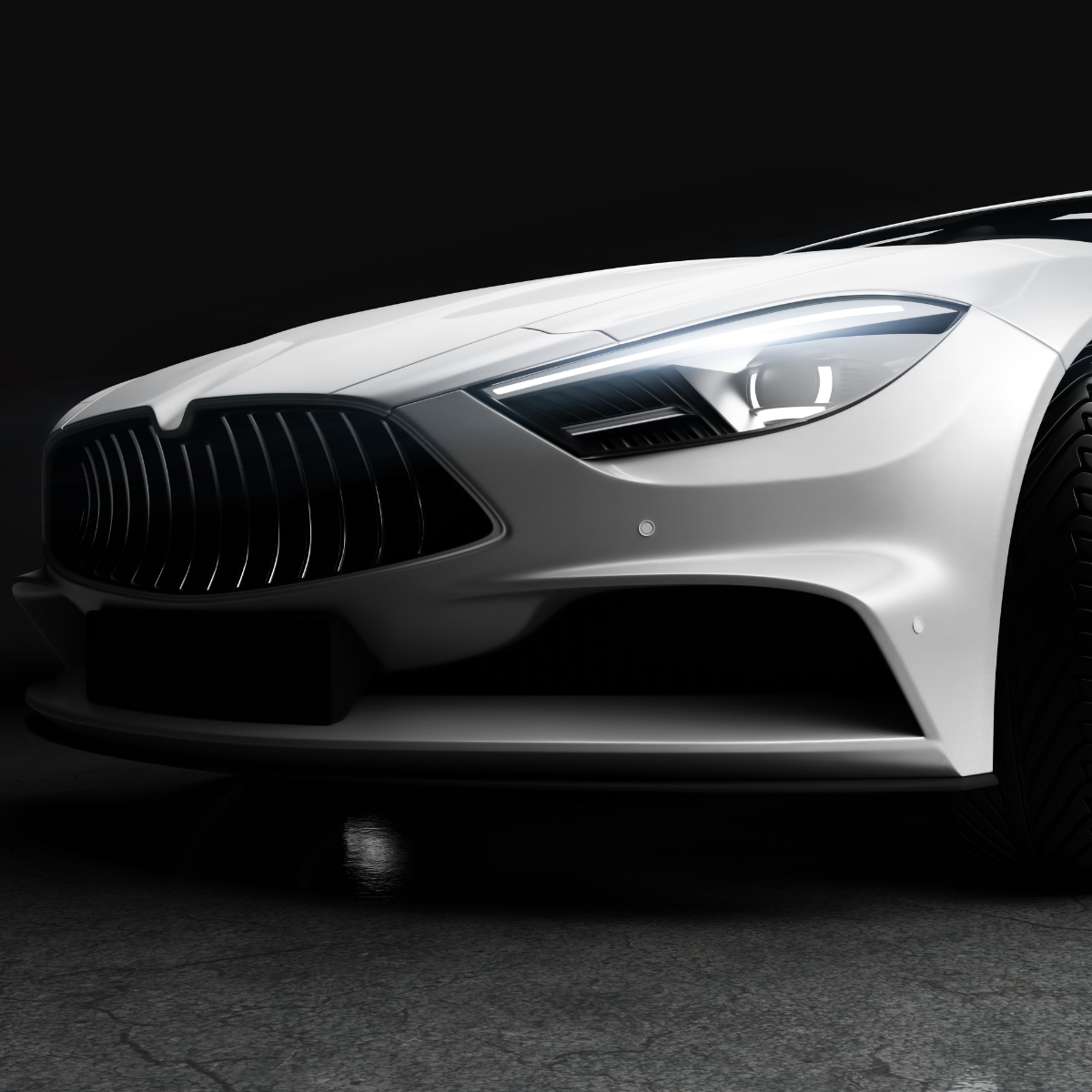Coupe cars have a reputation for being sleek, stylish, and performance-oriented, making them a dream choice for many automotive enthusiasts. However, owning a coupe isn’t just about enjoying its sporty aesthetics and thrilling driving dynamics. There are practical considerations, maintenance factors, and lifestyle adjustments to think about before committing to one. From understanding the unique design elements to evaluating its suitability for your daily needs, this guide will provide you with essential insights to ensure you’re making an informed decision. If you’re considering adding a coupe to your garage, here’s everything you need to know to maximize your ownership experience.
Unique Design That Impacts Usability
Coupes are celebrated for their streamlined design, which prioritizes style and aerodynamics. Their sloping rooflines and two-door layouts give them a sporty edge but also come with compromises. For instance, the reduced rear-seat space and headroom might not be ideal for families or tall passengers. Additionally, the compact trunk size could limit storage options, making it challenging for long trips or grocery runs.
Before purchasing a coupe, think about how often you’ll need rear-seat accessibility or cargo space. If your lifestyle demands frequent transport of passengers or large items, you might need to weigh the pros and cons carefully.
Exceptional Driving Experience
One of the main reasons people opt for coupes is their dynamic handling and performance. These cars are often lighter and more balanced than their sedan counterparts, which enhances their maneuverability on winding roads. Whether equipped with turbocharged engines or naturally aspirated powerplants, coupes deliver a thrilling driving experience that sets them apart.

However, their sporty nature might result in a firmer suspension setup, which can feel less comfortable on rough roads. If you prioritize driving excitement over ride comfort, a coupe could be the perfect fit for you.
Premium Maintenance Requirements
Owning a coupe, particularly a high-performance model, often comes with increased maintenance demands. These vehicles typically feature specialized components, such as low-profile tires and advanced braking systems, which may require more frequent servicing and higher costs.
Routine upkeep, such as oil changes and tire rotations, might also be pricier than what you’d expect for a sedan or compact car. Research the specific maintenance needs of your desired coupe model to ensure it aligns with your budget and availability for regular checkups.
Limited Passenger Comfort
While coupes are undeniably stylish, their design sacrifices some passenger comfort. The sloping roofline reduces rear headroom, and the two-door setup makes accessing the back seats less convenient. For drivers who primarily travel solo or with one passenger, this isn’t a significant concern, but it’s worth considering if you often carry additional passengers.
Some coupes, like the Ford Mustang or BMW 4 Series, offer slightly more spacious interiors, but they still won’t match the practicality of a sedan or SUV. Understanding these limitations is crucial before deciding if a coupe is right for you.
Insurance Costs May Be Higher
Coupes, particularly sports models, often come with higher insurance premiums. Their powerful engines and sporty design increase the perceived risk, making them more expensive to insure compared to standard vehicles.
Factors such as the car’s value, repair costs, and accident statistics all influence insurance rates. To avoid surprises, get insurance quotes for your preferred coupe model before making a purchase. Comparing providers can help you find the best deal without compromising on coverage.
Fuel Efficiency Considerations
While modern coupes have made strides in fuel economy, their performance-oriented design can still lead to higher fuel consumption than more practical cars. Models equipped with larger engines or turbochargers tend to use more fuel, especially during spirited driving.
Hybrid or electric coupes, like the Porsche Taycan, offer a more environmentally friendly alternative with improved efficiency. However, traditional gasoline-powered coupes may require you to budget more for fuel costs, particularly if you use the car frequently.
Storage and Parking Challenges
Coupes are generally compact, which makes them easier to park in tight spaces. However, their lower ground clearance and longer doors can pose challenges in narrow parking spots or steep driveways. Additionally, the limited trunk space might not accommodate large items or multiple pieces of luggage.
Before buying a coupe, assess your parking situation and ensure it’s suitable for the car’s dimensions. If you have a smaller garage or frequently park in urban areas, a coupe’s compact size can be a benefit—but keep its storage limitations in mind.
Resale Value and Longevity
One advantage of coupes is their strong resale value. Their timeless designs and limited availability often make them desirable in the used car market. Luxury brands and sports models, in particular, tend to retain their value well over time.
However, resale value can vary depending on the car’s condition, mileage, and maintenance history. Keeping up with regular servicing and avoiding excessive wear and tear will ensure your coupe remains a valuable asset.
Safety Features to Look For
Modern coupes come equipped with advanced safety features, including adaptive cruise control, lane-keeping assist, and collision avoidance systems. However, due to their sporty nature, some older models may lack the latest safety technologies.
When choosing a coupe, prioritize models that offer comprehensive safety systems. Features like stability control and anti-lock brakes are essential for maintaining control during high-speed maneuvers. Checking crash test ratings can also provide insight into a coupe’s overall safety performance.
Lifestyle Compatibility
Before buying a coupe, think about how it aligns with your lifestyle. Are you looking for a weekend car to enjoy on scenic drives, or will it serve as your daily commuter? Understanding your needs will help you choose the right model.

For instance, if you frequently drive in urban areas, a smaller coupe like the Mazda MX-5 Miata might be ideal. On the other hand, if you prefer luxury and long-distance comfort, consider larger models like the Mercedes-Benz E-Class Coupe.
Financing and Budgeting
Coupes often come with a premium price tag, especially if you’re eyeing luxury or performance-oriented models. Before making a purchase, set a clear budget that includes the car’s cost, maintenance, insurance, and potential upgrades.
Financing options like leasing or loans can make owning a coupe more accessible, but it’s important to evaluate the total cost of ownership. Researching incentives, such as manufacturer discounts or trade-in deals, can also help reduce expenses.
Test Drive and Research
Finally, before committing to a coupe, take it for a test drive. Experiencing the car firsthand will help you determine if it meets your expectations for comfort, performance, and usability.
Additionally, read reviews and join automotive forums to gain insights from other coupe owners. Their experiences can provide valuable information on reliability, quirks, and tips for getting the most out of your car.
Conclusion
Owning a coupe is a rewarding experience for those who value style, performance, and exclusivity. However, it’s essential to consider factors such as practicality, maintenance, and insurance before making a decision. By understanding the unique characteristics of coupes and assessing their compatibility with your lifestyle, you can make an informed choice that enhances your driving enjoyment.
Whether you’re drawn to the elegance of a luxury coupe or the thrill of a sports car, these vehicles offer a unique blend of form and function that continues to captivate automotive enthusiasts worldwide.

Leave a Reply